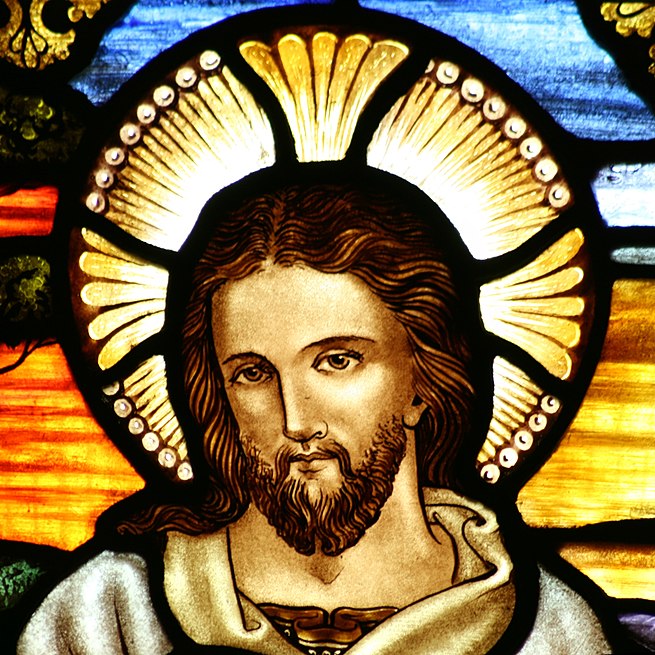-
Christianity
Christianity is a universalising Abrahamic monotheistic religion based on the life, teachings, and miracles of Jesus of Nazareth, known by Christians as the Christ, or “Messiah”, who is the focal point of the Christian faiths. It is the world’s largest religion, with over 2.4 billion followers, or 33% of the global population, known as Christians. Christians make up a majority of the population in about two-thirds of the countries and territories in the world. They believe that Jesus is the Son of God and the savior of humanity whose coming as the Messiah (the Christ) was prophesied in the Old Testament. Christianity has played a prominent role in the shaping of Western civilization.
Christianity grew out of Judaism and began as a Second Temple Judaic sect in the mid-1st century. Originating in the Roman province of Judea, it quickly spread to Europe, Syria, Mesopotamia, Anatolia, Transcaucasia, Egypt, Ethiopia and the Indian subcontinent, and by the end of the 4th century had become the official state church of the Roman Empire. Following the Age of Discovery, Christianity spread to the Americas, Oceania, sub-Saharan Africa and the rest of the world through missionary work and colonization.
Christian theology is summarized in creeds such as the Apostles’ Creed and the Nicene Creed. These professions of faith state that Jesus suffered, died, was buried, descended into hell, and rose from the dead, in order to grant eternal life to those who believe in him and trust in him for the remission of their sins. The creeds further maintain that Jesus physically ascended into heaven, where he reigns with God the Father in the unity of the Holy Spirit, and that he will return to judge the living and the dead and grant eternal life to his followers. His incarnation, earthly ministry, crucifixion and resurrection are often referred to as “the gospel”, meaning “good news”. The term gospel also refers to written accounts of Jesus’ life and teaching, four of which—Matthew, Mark, Luke, and John—are considered canonical and included in the Christian Bible, as established by the 5th century for the ancient undivided Catholic and Eastern Orthodox traditions before the East–West Schism.
Throughout its history, Christianity has weathered schisms and theological disputes that have resulted in many distinct churches and denominations. Worldwide, the three largest branches of Christianity are the Catholic Church, the Eastern Orthodox Church and the various denominations of Protestantism. The Catholic and Eastern Orthodox churches broke communion with each other in the East–West Schism of 1054. Protestantism came into existence in the Protestant Reformation in the 16th century, splitting from the Catholic Church.
-
Catholicism (noun)
The state or quality of being catholic or universal; catholicity.
-
Catholicism (noun)
Liberality of sentiment; breadth of view.
-
Catholicism (noun)
the faith, practice, and church order of the Roman Catholic Church.
-
Catholicism (noun)
adherence to the forms of Christian doctrine and practice which are generally regarded as Catholic rather than Protestant or Eastern Orthodox.

